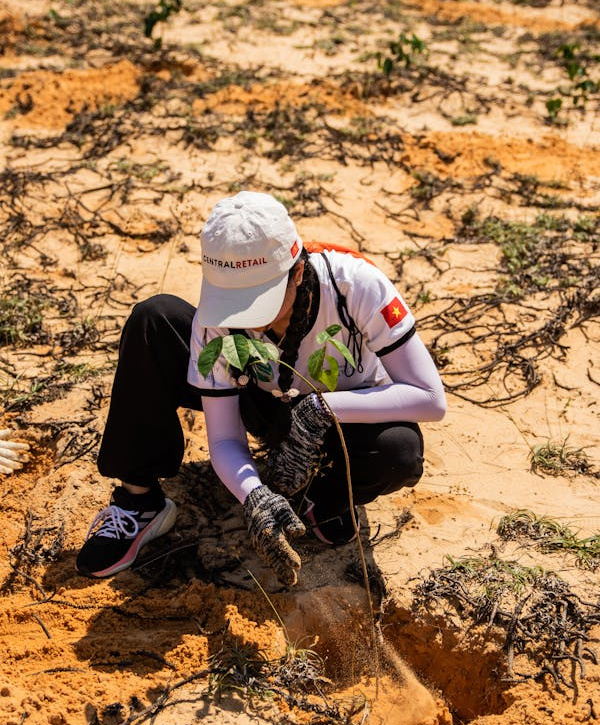In recent years, climate disclosure has become a key focus for businesses worldwide. This shift is being driven by increasing regulatory pressure, consumer expectations, and the need for greater transparency in how companies impact the environment. The European Union, in particular, has emerged as a leader in promoting climate disclosure through regulatory frameworks such as…







